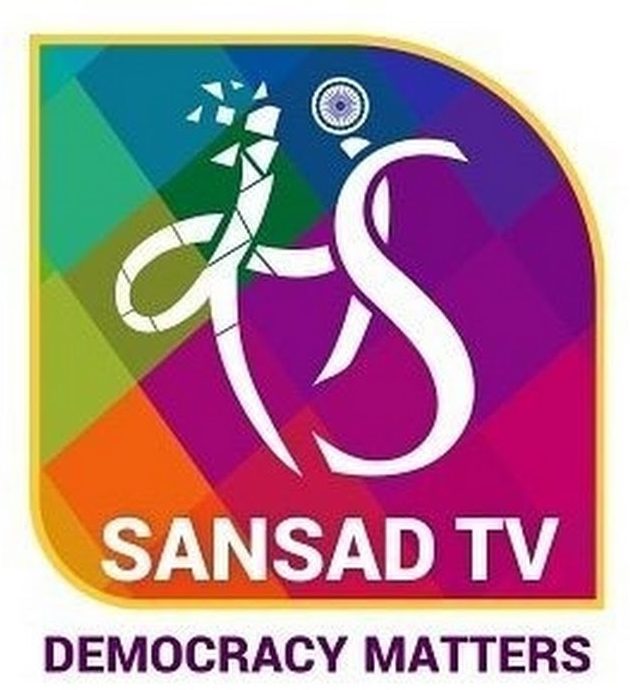[ad_1]
Introduction:
There is need to make the police forces more sensitive and train them in emerging technologies. That was what Prime Minister Narendra Modi emphasized on at the 57th All-India Conference of Director Generals & Inspector Generals of Police. At the three-day conference, the Prime Minister also recommended repealing obsolete criminal laws and building standards for police organisations across states. To improve jail management, the Prime Minister suggested prison reforms. Besides, he also discussed strengthening of border and coastal security by organising frequent visits of officials. Emphasising on the importance of National Data Governance Framework, the Prime Minister said it will help in smoothing of data exchange across agencies. Held in hybrid format, the conference also discussed a wide range of issues such as cyber crime, counter terrorism challenges, left wing extremism, capacity building, futuristic themes in policing and security etc.
Current Situation:
- Our police is still under the grip of traditional British raj mindset both in regards to their loyalty and professional abilities.
- All states have their own laws because police falls under state law.
- Lack of political and police relationship.
- Expenditure is only 3%.
- Police accountability
- Police forces have the authority to exercise force to enforce laws and maintain law and order in a state.
- However, this power may be misused in several ways. To check against such abuse of power, various countries have adopted safeguards, such as accountability of the police to the political executive, internal accountability to senior police officers, and independent police oversight authorities
- Each police officer is responsible for a large segment of people, given India’s low police strength per lakh population as compared to international standards.
- While the United Nations recommended standard is 222 police per lakh persons, India’s sanctioned strength is 181 police per lakh persons. After adjusting for vacancies, the actual police strength in India is at 137 police per lakh persons.
- Crime investigation and Underreporting of crime in India
In 2015, the conviction rate for crimes recorded under the Indian Penal Code, 1860 was 47%.19 The Law Commission has observed that one of the reasons behind this is the poor quality of investigations.
- Poor Police infrastructure
Police stations are ill equipped. Modern policing requires a strong communication support, state-of-art or modern weapons, and a high degree of mobility. The CAG has noted shortcomings on several of these fronts. Innovation in weapons.
Police requires the confidence, cooperation and support of the community to prevent crime and disorder. A police-public relation is an important concern in effective policing.
- Crime rate between 2005-15 increased by 28% but the conviction rate as per IPC crimes in 2015 was only 47% because of lack of good investigation.
SC’s Prakash Singh judgment on police reforms:
Prakash Singh, who served as DGP of UP Police and Assam Police besides other postings, filed a PIL in the Supreme Court post retirement, in 1996, seeking police reforms.
- In a landmark judgment, the Supreme Court in September 2006 had directed all states and Union Territories to bring in police reforms.
Urgency in implementing Police Reforms:
- The avalanche of social and technological changes fuelled by the internet and the new social media are fast changing the nature, intensity and the reach of crime leading to unprecedented lawlessness and frightening dimensions of global terrorism.
- There is an urgent need to strengthen our Criminal Justice System and our grassroots level policing institutions.
- Traditional and linear devices used in the past towards police reform may not be sufficient.
- Considering the multiple causes and their complex interdependencies associated with today’s policing issues, there is a realization that these challenges require broader, more collaborative and innovative approaches and would involve a range of coordinated and interrelated responses.
Way Forward:
- Police forces need to behave smart, act smart and deliver smart.
- External Interference which is a huge problem and police should be given freedom.
- The police force needs to be freed from the stranglehold of the executive and given functional autonomy to enforce the rule of law.
- Implementing Supreme Court’s directions in Prakash Singh case that police must be service oriented for the citizenry in a manner which is efficient, scientific and consistent with human dignity.
- Police should be a SMART Police – a police which should be strict and sensitive, modern and mobile, alert and accountable, reliable and responsible, tech-savvy and trained.
- The police must get its due and must be enabled to perform its mandated functions.
- Providing proper training to the constables and inculcating in them a sense of confidence and discipline.
- Evidence based policing is gaining credibility day by day – Indian police force must be exposed to it.
- Second ARC recommended that the government should declare certain crimes as “federal” and entrust their investigation to a Central agency.
- Police need to have the operational freedom to carry out their responsibilities professionally, and satisfactory working conditions, while being held accountable for poor performance or misuse of power.
- What we need today is People’s Police.
- Our strength and influence abroad begins with the steps we take at home. Our policymakers must appreciate this simple truth.
[ad_2]


